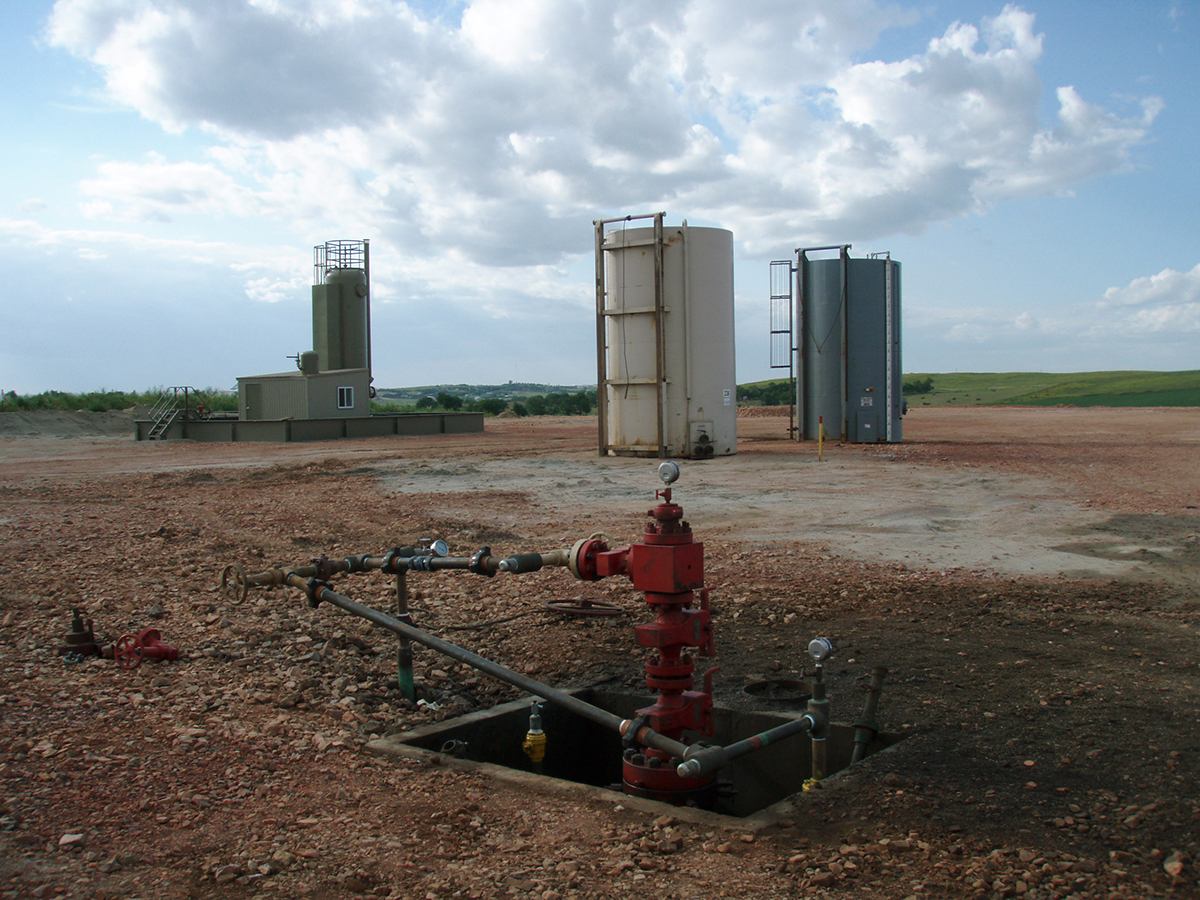
The debate over fracking has become increasingly prominent as the Biden team announced its support to get rid of the method during its campaign. In order to ensure a brighter future, the country needs to ban fracking in order to protect the environment and our health.
Fracking, or hydraulic fracturing, is defined to be when liquids are injected into the earth’s crust at high pressures in order to forcefully extract oil or gas from underground reservoirs. This is a practice commonly utilized by the oil and gas industries in order to obtain record production numbers. Much of this has been achieved in recent decades, whereof the approximately one million U.S. wells fractured between 1940 and 2014, about one-third of those were additionally fractured after 2000. This was a rather direct result of an investment influx amidst high fossil fuel prices that sent fracking into overdrive.
Hydraulic fracturing is notorious for the danger it presents for our health and the environment. Many experts have attributed a spike in earthquakes across the nation as a result of increased fracking over time. The state of Oklahoma alone has seen a severe spike in earthquakes since 2008, when oil and energy companies expanded fracking. Consequently, the number of 3.0 magnitude quakes rose from two in 2008 to 889 in 2015. Other states, including Alabama, Colorado, New Mexico and Texas, have also seen a spike compared to their former days. The massive jump in this statistic illustrates an environmental impact, as seismologists and geologists continue to explore the connection between increased tremors and fracking wastewater wells.
Environmental damage is not just limited to an increase in earthquakes — air pollution is another threat of hydraulic fracturing. One of the main pollutants released in the fracking process is methane, among other toxic air contaminants. Research shows the U.S. oil and gas industry emits 13 million metric tons of methane annually. Methane is a major greenhouse gas, as it is 84 times more effective in generating and containing heat in comparison to carbon, and consequently exacerbates the impact of climate change. This footprint has been more prominent within the last 20 years with the influx of fracking and is even greater than that of coal.
Water pollution is another problem associated with fracking. A major concern with the fracking boom is the reduction of freshwater. With many states having problems with water supply and maintenance, fracking only serves to worsen this issue. Additionally, there is a higher risk of water contamination is due to the number of dangerous chemicals utilized in the fracking process. The risk of these chemicals leaking into groundwater and surface water would undoubtedly cause further harm to the environment.
Fracking also poses a risk to the planet’s wildlife and vegetation as it results in environmental degradation of habitats and impacts natural resources. The process often leads to the industrialization of natural, rural areas as forests are cut down and land is replaced with pipelines and other infrastructure. This, in conjunction with soil contamination through wastewater spills, illustrates the damage done to precious resources through pollution and leads to the fragmentation of habitats.
With these concerns in mind, the impact of fracking on the health and well-being of the nation’s population is more clear as studies illustrate the impact of chemicals and pollutants among other environmental damage, on respiratory health, especially for vulnerable populations, problems during pregnancy, water contamination and much more. The state of New York has even gone ahead and banned the practice over these health concerns.
Proponents of fracking will often make the claim that fracking is revolutionizing oil and gas drilling across the country, and they would most likely boast its powerful economic impact and job creation across the nation. While this may be true for certain oil-rich areas across the nation such as Texas, studies have shown that while job growth has occurred as a result of the fracking boom, the overall number is not so high. In addition, much of these numbers have been shown to be inflated, as they also include jobs with an indirect relation to the oil and gas industry such as drivers and store workers.
Opponents will also highlight the many concerns that arise from the risks of fracking and the current lack of substantial regulation. The multitude of concerns and risks that arise from the hydraulic fracturing process outweigh the benefits, making it clear that regulation and restriction is necessary. We must be more mindful and switch to clean and renewable energy in order to save our planet from potential catastrophe.







